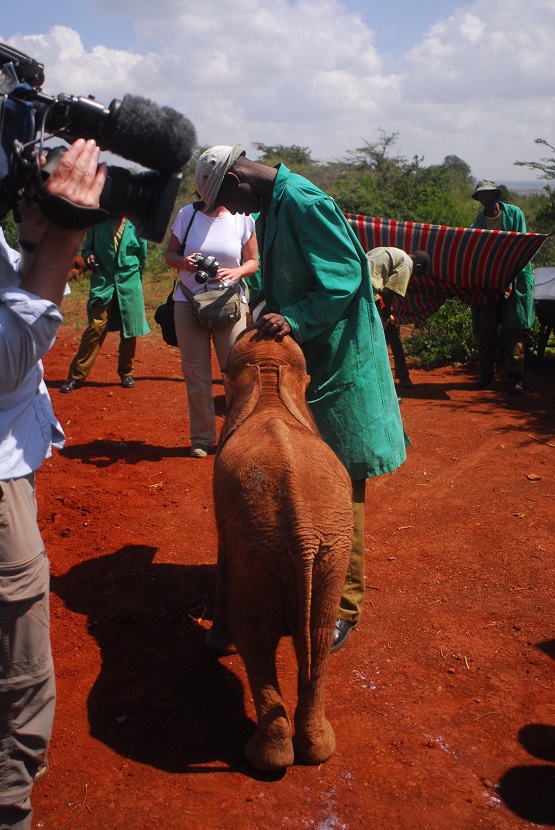
Why study anthropology?
Why study anthropology?
Learn more about studying anthropology
The set of knowledge, skills and areas of expertise that our anthropology students develop means that they are in high demand in areas as diverse as health care, government, teaching, public administration, NGOs, media, human rights, and information technology.
Anthropology at FSS: Studying 21st century issues
At the Faculty of Social Sciences, our students study the issues of the 21st century by mastering practical and theoretical skills. They participate in the co-op work experience program and study abroad. But anthropology education goes beyond the technical.
- Students develop their vision and ideas.
- They get a broad human sciences education.
- The skills they gain are transferrable: students learn how to learn. Any given domain of knowledge will have changed even by the time today's students graduate.
- Students learn to ask their own questions.
Our anthropology students explore topics such as
- Internet technologies
- Health and illness
- Cities and urban futures
- Work
- Indigenous knowledge
- Minorities
- Law
- Pop culture and media
- Migration
- The environment: rights, justices, and climate change

Master’s in Anthropology
In addition to providing a rigorous background in social and cultural anthropology, the Faculty of Social Sciences Master’s in Anthropology enables students to become experts in medical, visual, environmental, political or economic anthropology, or in human rights or indigenous peoples.
While the field does allow students to gain international experience, the real strength of anthropology lies in how provides students with methodological and theoretical tools to reflect on the diversity of the world around us and the complexity of contemporary society.
A master’s in anthropology provides you with:
- a cutting-edge background in social and cultural anthropology
- expertise in other areas:
- medical anthropology
- visual anthropology
- economic anthropology
- environmental anthropology
- political anthropology
- human rights and indigenous peoples

International experience and field research
Our students conduct field research all over the world, including in
- Botswana, in a clinic offering biomedical care
- Bosnia, on political activism
- Brazil, on artists and artisans, cacao, and food sovereignty
- Costa Rica, on the coffee industry
- Taiwan, on indigenous land claims
- Japan, on fashion and pop culture
- Canada, on local politics, faith and fake news, the immigrant experience and more!

Career options when you graduate
Here are examples of fields you’ll be ready to work in:
- heath care
- media
- public administration
- international affairs
- NGOs and related groups
- teaching
- journalism
- human rights
- new media and information technology
The set of knowledge, skills and areas of expertise that our anthropology students develop means that they are in high demand in areas as diverse as health care, the media, public administration, NGOs, teaching, journalism, human rights, or new media and information technology.




